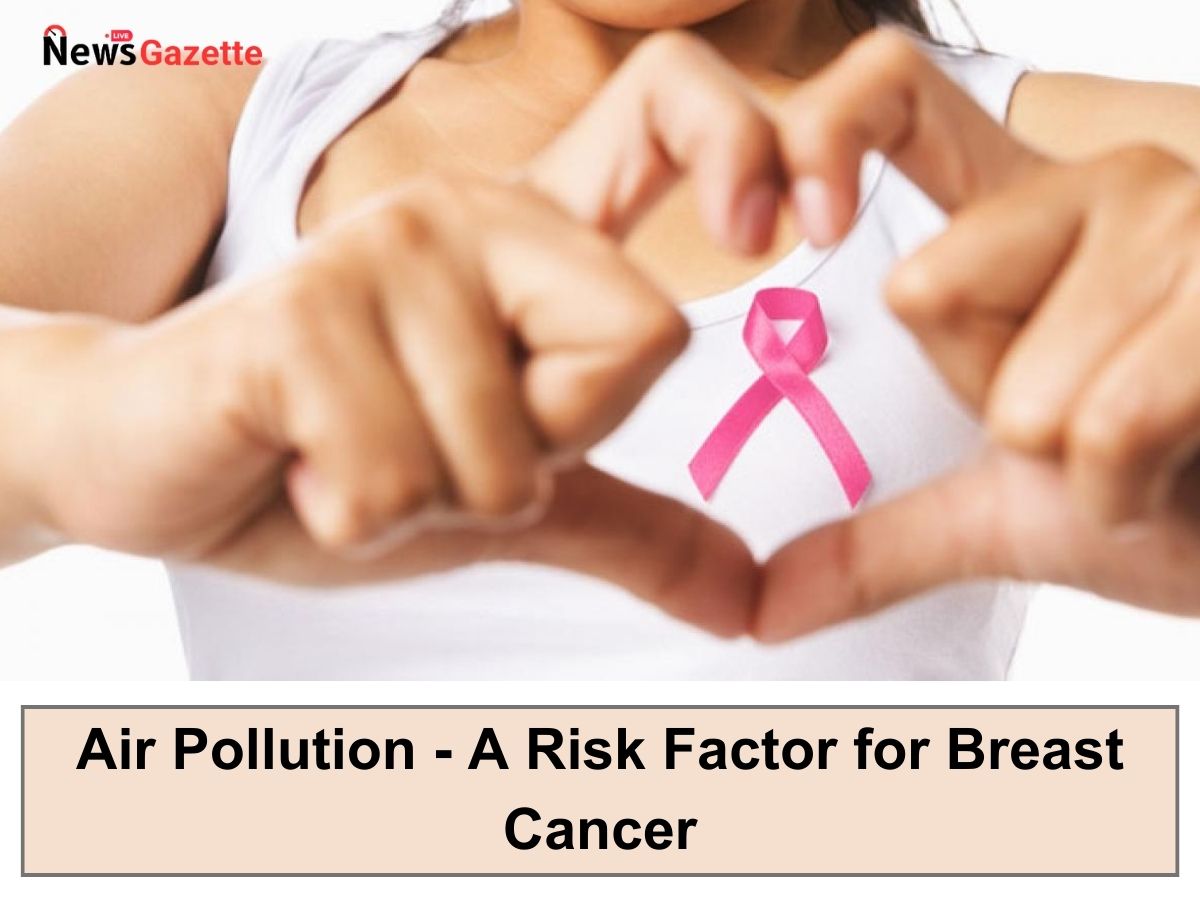
Air Pollution – A Risk Factor for Breast Cancer
As one of the most primary necessities to sustain life, air plays an irreplaceable role in maintaining the world as we see it. As it is the most abundant natural resource, we never had to consider the consequences of its absence. Our unappreciated abuse of this natural resource has now become a threat to our survival. Due to the buildup of harmful substances, air has now become one of the leading risk factors for various conditions and deaths globally. According to data collected by the World Health Organization (WHO) air pollution contributes to 11.65% of deaths worldwide. With nearly seven million deaths, our selfish actions have clearly poisoned the air around us. A recent study published in the Journal of the National Cancer Institute highlighted the effects of air pollution on the growing incidences of breast cancer. Confronted with the shocking outcomes, several countries followed suit. With a positive cancer diagnosis every four minutes, India was forced to evaluate is environmental factors as a potential threat.
As one of the most prominent female health problems worldwide, breast cancer has long been an area of concern for the scientific community. Despite abnormal growth of cancer cases in pollution rich areas, inconsistent data points from prior studies left us with unconclusive results. However, the recent spatiotemporal model published from the US breast cancer population strengthened the link between air pollution and breast cancer risk. Here, data collected over space and time was analyzed against particulate matter (PM) characteristics. PM can be defined as a mixture of solid substances and liquid dispersed in the air. Although abundant PM should not cause significant complications, pollutants dispersed in air dramatically increase the mass of the particles. According to the US Environmental Protection Agency, PM with a diameter greater than or equal to 2.5 micrometers poses the greatest risk to health. With nine out of 10 individuals breathing such air, the US based survey easily deduced a positive correlation.
According to a report published by IQAir, a Swiss technology company, India ranks eight on the list of the most polluted air and cities in the country. Using PM 2.5 as the standard air quality indicator, IQAir’s World Air Quality Report stated, “Roughly 60% of cities in India included in this report experienced annual PM 2.5 levels of at least seven times higher than the WHO guideline”. With an average PM 2.5 density of 53.3 micrograms per cubic meter, the 2022 results greatly exceeded the WHO’s recommended annual guideline level of 5 micrograms per cubic meter. The density calculated by IQAir also exceeded the liberal standard of 40 μg/m3 set by India’s Central Pollution Control Board. “It can take many years for breast cancer to develop, and in the past, air pollution levels tended to be higher, which may make previous exposure levels particularly relevant for cancer development.” said Rena Jones, Principal investigator at NCI. An 8% increased risk in breast cancer was observed for an average of 10 micrograms per cubic meter PM2.5 concentrations over a 10-15 year period.
Read Also: MDMA Aided Therapy: A New Strategy Against PTSD
The Air Quality Life Index (AQLI), based on the existing pollution growth rate, India will likely loose 5 years on the average life expectancy. According to the University of Chicago, a global environmental analysis published in September 2023, India contributed about 59% of the increase in world pollution since 2013. With 1.4 billion people living in condition greatly exceeding the WHO standards a massive influx of gynaecologic cancers cases is expected. An Indian Council for Medical Research (ICMR) 2022 report stated breast cancer accounted for 51% of all cancers in Indian women.
With nations around the world actively participating towards the goal of awareness and prevention of breast cancer, it is high time India shows its initiative. Facing the results of the abovementioned studies, we no longer have the luxury of ignorance. The decisions we make today will change our future for the better or worse.

Carae Wagner specializes in reporting on the healthcare sector, with a specific emphasis on digital health, gene therapy, viral vectors, and public policy. She holds degrees in English and Psychology from the University of Virginia. Her writing has been featured in publications such as Forbes, Slate, C-Ville Weekly, and various others. She maintains a focus on anxiety disorders and depression and aims to explore other areas of mental health including dissociative disorders such as maladaptive daydreaming.
